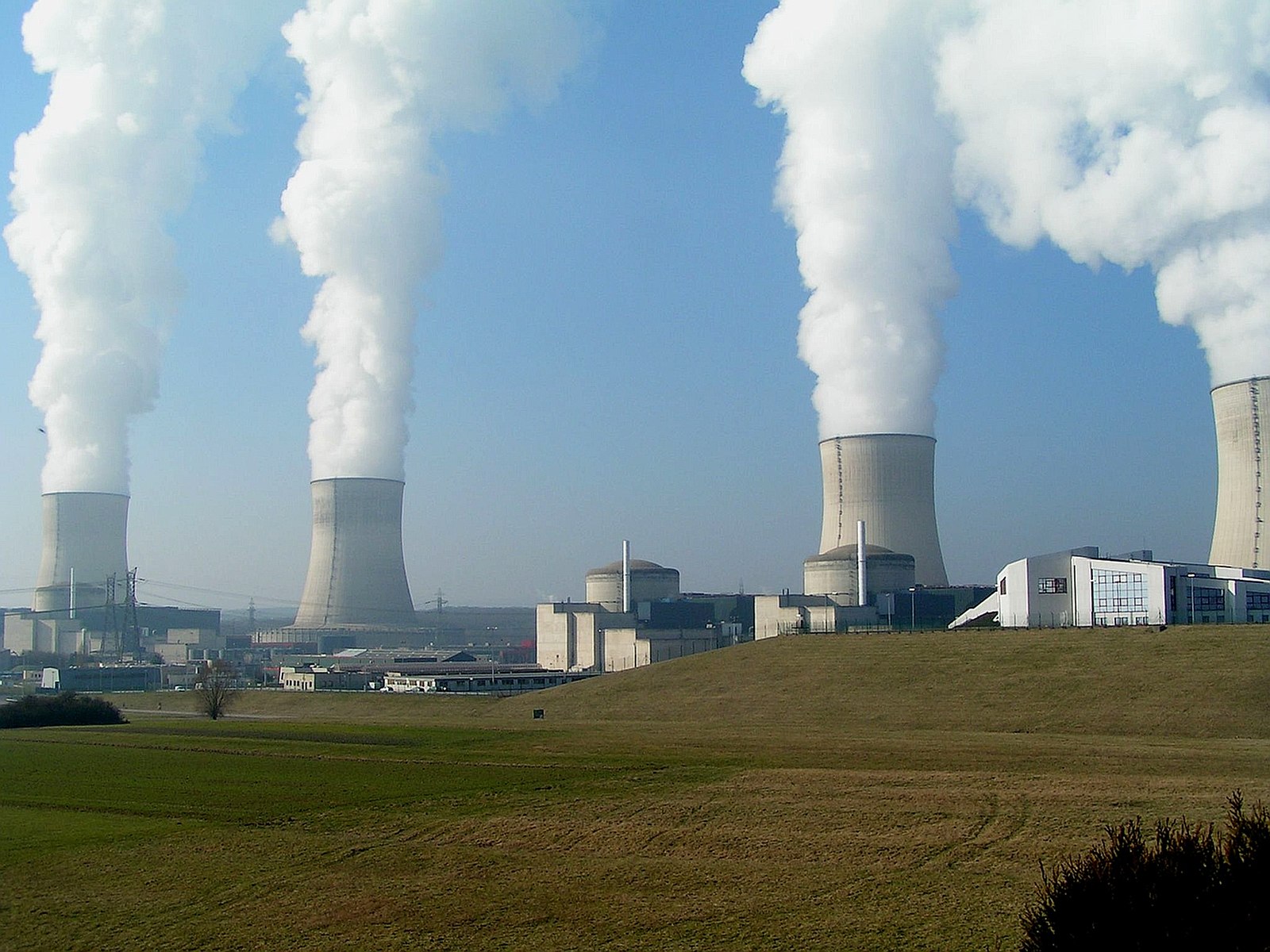
Now Europe’s Nuclear Reactors Fall Victim of the Heat
For the last decade the nuclear industry has been telling us it is the solution to climate change. But if their reactors can’t work in our rapidly warming world, are we just building a whole new generation of expensive white elephants?
As many parts of the Northern hemisphere continue to experience an unprecedented heat-wave, with near-record temperatures in Spain and Greece this weekend, the heat-wave is having an effect on the continent’s nuclear reactors.
But first let’s keep joining the dots. What we are witnessing this summer is climate change in action.
For many people trying to understand why we are having record temperatures this year, there is further evidence contained in the annual “Bulletin of the American Meteorological Society”, which is for actually for last year but gives us further evidence of our warming world.
The “State of the Climate 2017” report, as it is known, is compiled by over 500 scientists from sixty five countries. It states:
“In 2017, the dominant greenhouse gases released into Earth’s atmosphere—carbon dioxide, methane, and nitrous oxide—reached new record highs. The annual global average carbon dioxide concentration at Earth’s surface for 2017 was 405.0 ± 0.1 ppm, 2.2 ppm greater than for 2016 and the highest in the modern atmospheric measurement record and in ice core records dating back as far as 800 000 years. The global growth rate of CO2 has nearly quadrupled since the early 1960s”.
The report adds: “Notably, it was the warmest non-El Niño year in the instrumental record”.
My hunch is that 2018 will be warmer that 2017, but we will have to wait to see. And this year it is not just people dying in wild-fires or mountains in Sweden literally melting in the heat, but now the excessive temperatures have forced the closure of over half a dozen nuclear reactors.
The French energy company, EDF has halted four nuclear reactors at three different power plants in France due to the heat, a spokesman confirmed yesterday.
The force of the closure was the high temperatures registered in the Rhone and Rhine rivers, which are used to cool the nuclear reactors, according to Reuters.
But these are not the only nuclear reactors suffering in the heat. Due to increased sea temperatures in Nordic region, Reuters is also reporting that the heat “has forced some nuclear reactors to curb power output or shut down altogether, with more expected to follow suit.”
One of those plants struggling is Vattenfall’s Ringhal’s plant in Sweden. The company, which operates seven reactors in Sweden, shut a 900 megawatt PWR unit – one of the four located at its Ringhals plant – earlier this month, as water temperatures exceeded 25 degrees Celsius, according to Reuters.
The short-term nuclear shut downs raise numerous issues.
Vegard Willumsen, section manager at Norway’s energy regulator NVE, told Reuters. “If nuclear reactors in the Nordics shut down or reduce power due to the heatwave, it could also put pressure on the supply and consequently on the Nordic power prices.”
But more importantly, there is an obvious question that needs answering. For the last decade the nuclear industry has been telling us it is the solution to climate change. But if their reactors can’t work in our rapidly warming world, are we just building a whole new generation of expensive white elephants?

